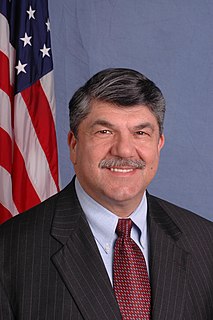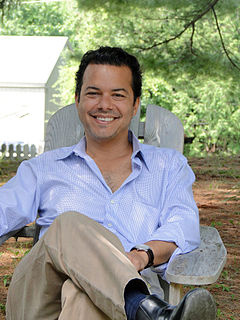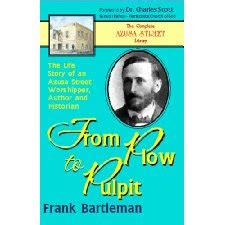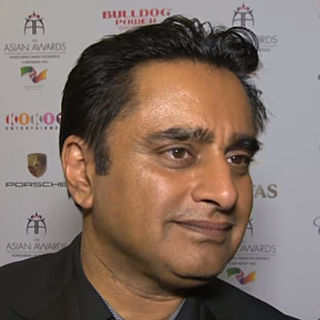A Quote by Kapil Sibal
I would welcome satirical references to political leaders as part of freedom of expression.
Related Quotes
Freemasonry must stand upon the Rock of Truth, religion, political, social, and economic. Nothing is so worthy of its care as freedom in all its aspects. "Free" is the most vital part of Freemasonry. It means freedom of thought and expression, freedom of spiritual and religious ideals, freedom from oppression, freedom from ignorance, superstition, vice and bigotry, freedom to acquire and possess property, to go and come at pleasure, and to rise or fall according to will of ability.
I say let's go back to a truer use of the word 'freedom.' Let's start with President Franklin Roosevelt's Four Freedoms: freedom of speech and expression, freedom of worship, freedom from want and freedom from fear. I would add the freedom to bargain collectively. Those freedoms are under attack today.
We have been making constant efforts, all the time, to start dialogue with the SLORC, but you know it takes two. We don't want a monologue. We would like a substantive political dialogue among the SLORC, political leaders including myself, and leaders of ethnic groups-exactly as stipulated in the U.N. General Assembly resolution on Burma.
What's different now is that while political leaders used to give talking points to talk radio, now talk-radio hosts are giving talking points to political leaders. It's all part of the suffocating spin cycle we're in. In media, politics and publishing, the conventional wisdom is to play to this base.
A revival almost always begins among the laity. The ecclesiastical leaders seldom welcome reformation. History repeats itself. The present leaders are too comfortably situated as a rule to desire innovation that might require sacrifice on their part. And God's fire only falls on sacrifice. An empty altar receives no fire!

































